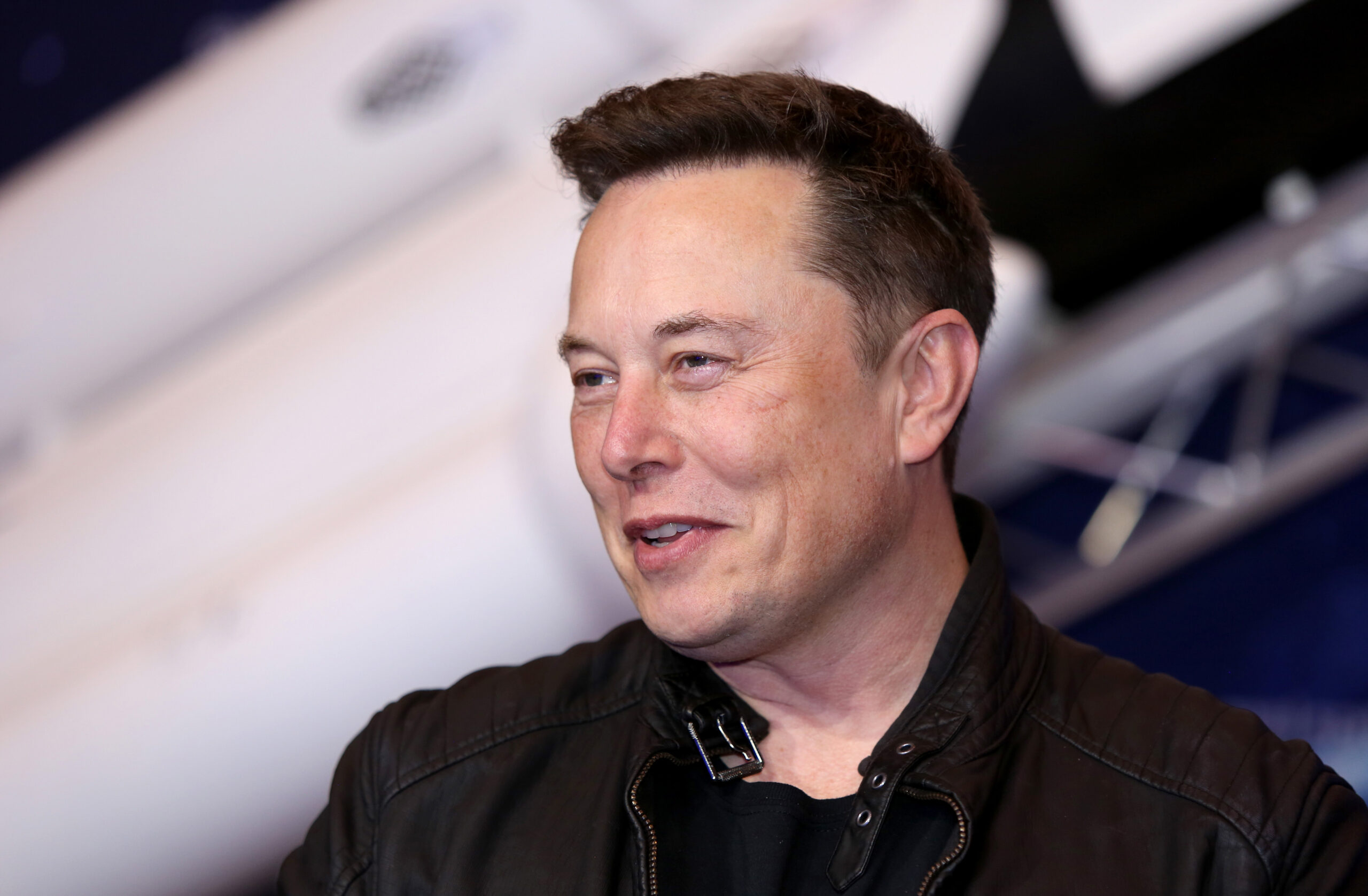Did Elon Musk Go to College?
 Credit: Bloomberg / Contributor / Getty Images
Credit: Bloomberg / Contributor / Getty Images- Elon Musk earned two bachelor’s degrees from the University of Pennsylvania and was admitted to a graduate program at Stanford University, but he did not graduate.
- Some reports indicate Musk never enrolled at Stanford after being accepted, while others say he spent less than a week on campus.
- Today, Musk’s estimated net worth is $377.6 billion, making him the world’s richest man.
- He currently controls six companies, including SpaceX and Tesla, and spearheads the Department of Government Efficiency (DOGE).
Elon Musk wears many hats: Founder and CEO of several multi-billion dollar companies and the richest man alive, beating runner-up Mark Zuckerberg by over $120 billion.
His most recent role leading the Department of Government Efficiency (DOGE) under the second Trump administration has granted the entrepreneur the power to make large budget cuts to federal agencies, including the one overseeing education.
But how did Musk acquire so much wealth and power? His journey started in academia, where he earned two bachelor’s degrees at the University of Pennsylvania before applying to Stanford University to study materials science and engineering. He was admitted to Stanford but did not earn a graduate degree.

Stay in the Know!
Subscribe to our weekly emails and get the latest college news and resources sent straight to your inbox!
The controversial billionaire traces his passion for technology to his undergrad years spent obsessing over the internet, renewable energy, and space, according to Ashlee Vance’s biography of the billionaire.
Elon Musk Came to the U.S. as a College Student
While Musk didn’t fit in well at school as a kid, Vance reported, he thrived at college. He started at Queen’s University in Ontario, Canada, in 1989 before transferring to the University of Pennsylvania, an Ivy League school, on a scholarship in 1992. Musk paid his own way through college, making rent money by hosting parties with friends, he said in a December 2019 Tweet.
At Penn, Musk pursued a double major in physics and economics. While he appreciated his business education, Musk says he preferred physics, and he opted to intern in Silicon Valley over his two summers at Penn.
Musk studied at Penn until 1995 but wasn’t awarded his bachelor’s degrees until 1997. After finishing his studies in 1995, Musk headed to the West Coast and was accepted to a graduate program in materials science and engineering at Stanford University.
Some reports indicate Musk never enrolled after being accepted, while others say he spent less than a week on campus. What is clear is that he never earned a graduate degree from Stanford.
“It seemed like I could either do a Ph.D. and watch the Internet happen, or I could participate and help build it in some fashion,” Musk said in a 2013 interview with Khan Academy.
From there, Musk amassed his wealth. He went on to:
- Found Zip2, an online maps and directory, in 1995
- Found X.com, which became PayPal, selling in 2002
- Found Space Exploration Technologies (SpaceX) in 2002
- Invest in Tesla
While CEO of Tesla, Musk continued to extend his influence, helping to start several companies. He co-founded OpenAI in 2015, but left in 2018 due to strategic differences. In 2023, he launched a rival AI startup, xAI.
In October 2022, Musk acquired Twitter, now “X,” for $44 billion.
Want to follow the richest man on earth’s educational journey? Read more:
Musk Helps Dismantle the Department of Education
Musk emerged as the largest donor in the 2024 election cycle to either party, according to Federal Election Commission filings. His quarter-billion dollar contribution to support Donald Trump landed him a spot as head of DOGE, an initiative by the administration to “maximize governmental efficiency and productivity.”
DOGE has already shaken up several agencies, including the agency that oversees education, the Department of Education (ED).
On Feb. 3, The Washington Post reported that roughly 20 people associated with DOGE were working within ED to “cut spending and staff,” and some had “gained access to multiple sensitive internal systems,” including financial aid datasets containing personal information of individuals enrolled in federal student aid programs.
Four days later, the University of California Student Association filed a lawsuit asking a judge to block ED from sharing sensitive personal and financial information with DOGE.
Politico reported that the student association and ED reached an agreement on Feb.11 to prevent DOGE from accessing certain systems until Feb. 17, which gives the court time to hold a hearing.
On Feb. 10, DOGE announced via social media that ED had “terminated” almost $101 million of diversity, equity, and inclusion (DEI) grants and an additional $881 million in other contracts. Most of the cuts were aimed at the Institute of Education Sciences (IES), ED’s research and evaluation division, according to the New York Times.